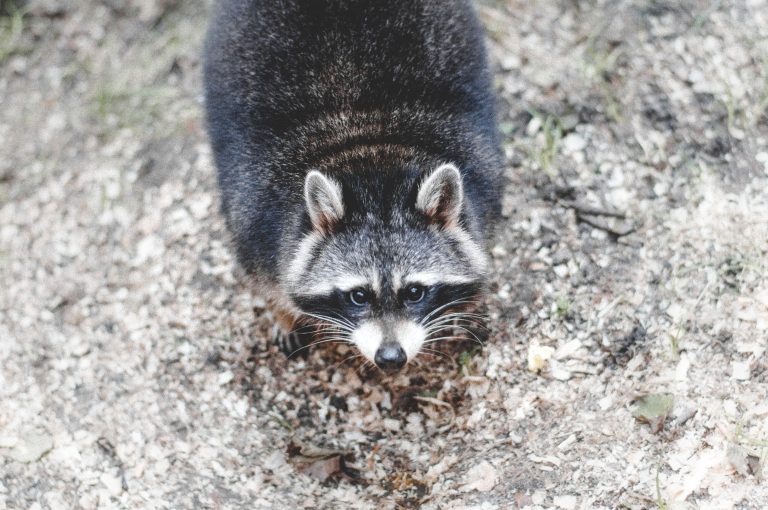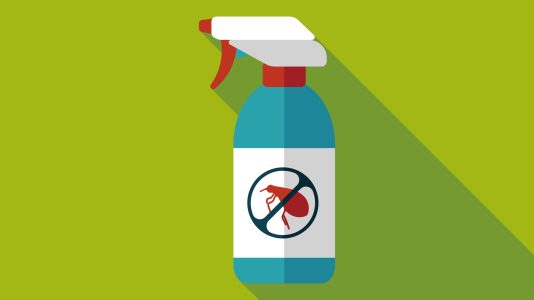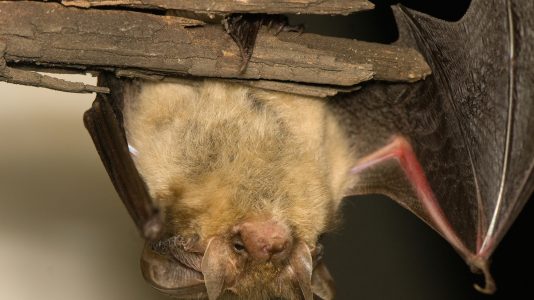How to avoid and get rid of squirrels and raccoons
March 13th, 2020
Squirrels and raccoons score a 10 out of 10 on the cuteness scale when they’re scurrying about in the woods where they belong, but we give them a failing grade when it comes to taking up residence in our attics and crawl spaces. Not only do squirrels carry ticks and fleas which can easily be transmitted to you or your household pets, they commonly spray their feces and urine around their nests which poses a salmonella risk for you and your family. Racoons pose the added health risk of rabies and roundworm and are notorious for wreaking havoc on wiring, insulation and even destroying shingles and siding.
The key steps to discouraging any rodents and small animals from visiting and staying in your home are:
- making entry less accessible
- limiting food and water sources
- providing an uninviting and uncomfortable living environment
In this article, the experts at BW Nature will share some insider tips for deterring squirrels and raccoons in particular.
Limit Entry
Racoons and squirrels are surprisingly capable of squeezing through openings which seem to be too small for their bodies. And when there’s no suitable hole, they’re very industrious chewers and diggers and will make their own door if there is enough incentive to get into something or somewhere. We’ll talk more about getting rid of these incentives later, but for now, here are some things to consider when squirrel/racoon-proofing the exterior of your home.
- Patch or repair any damage or holes in your eaves, paying close attention to corners and seams
- Remove and replace any curling or damaged roof shingles
- Replace rotten wood caused by a leaky roof
- Avoid lifting the edges of soffits to hide extension cords or holiday lighting
- Fill any holes in the exterior walls caused by renovations, removal/replacement of vents
- Regularly inspect exhaust vent covers and replace if bent or damaged
- Cover non-electrical utility wires with two-foot sections of lightweight two- to three-inch diameter plastic pipe (slit for installation) to discourage “tightrope walking” to your roof
- Keep the garage door closed when not in use
Limit Food
Any food outside your home will naturally attract critters to your property. If there are any easy points of entrance (see above) plus a reliable food source, both raccoons and squirrels will happily build a nest and move in. Here are some things to keep in mind when trying to limit “easy meals” in and around your home:
- Hang bird feeders far from your house, fences and trees. Baffle the poles to prevent climbers
- Place compost bins away from the house and shed. Always replace lid tightly and avoid adding eggshells if you have raccoons in the area
- Rake your yard to remove fallen fruit, nuts and seeds from under bird feeders and trees
- Invest in garbage cans with tight-fitting lids and/or store in the garage or shed when possible
- Protect pet food in tightly sealed containers
- Store plant bulbs indoors
- Thoroughly rinse containers being placed in the recycling bin
- Choose “untasty” daffodils, snowdrops, allium or hyacinth for spring bulbs
Limit Comfort
Once a squirrel or raccoon has found easy entry and ample food, there is little to deter them from setting up shop in your house, garage, or shed. Left unchecked, a nest can grow to a sizable family before you know it, and the risk of damage and disease increases.
Making your property as uninviting and uncomfortable as possible will help deter and scare them away. In the word of Customer Reviews, you’re shooting for 0 stars here, folks!
- Place a plastic owl on fence posts or on the roof
- Spray cider vinegar or predator urine in your yard or garden
- Place cider vinegar soaked rags in indoor spaces where the critters are living
- Treat seeds, bulbs and flowers with a taste repellent such as capsaicin, cayenne, or commercially available chemical repellent (avoiding vegetable and fruit plants)
- Plant mint at the edge of your garden as an odor repellent
- Leave a radio playing constantly near the nest
- Leave a bright light on throughout the day and night near the nest
Limit Stress
If squirrels and racoons are causing you stress, don’t hesitate to reach out. The team at BW Nature are always happy to answer your questions about how to keep rodents and small animals out of your house and step in when needed.





